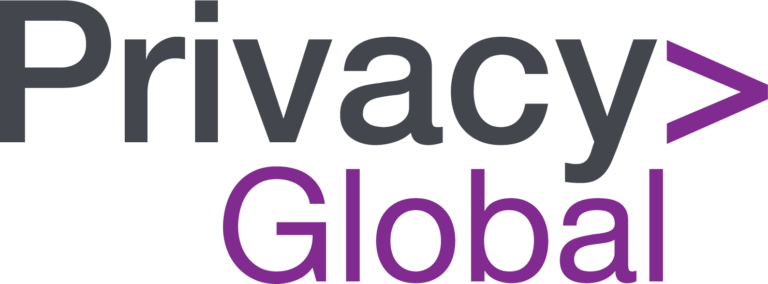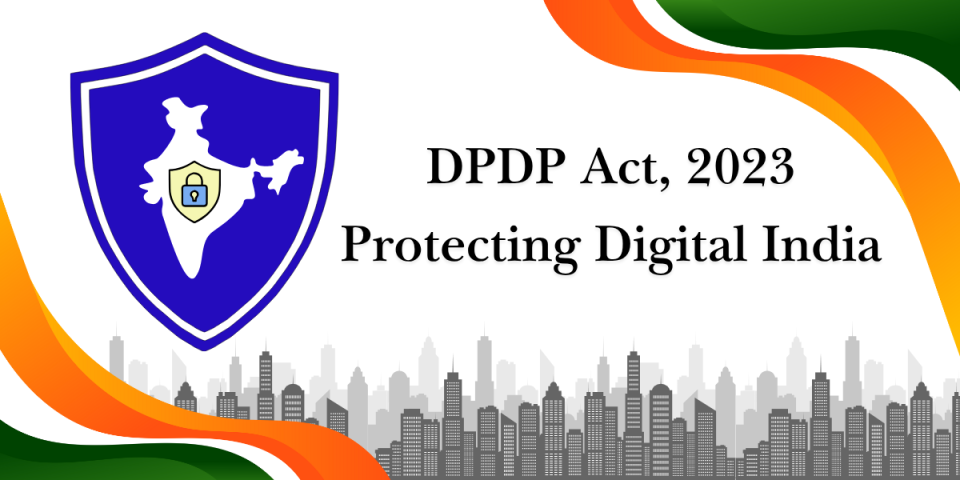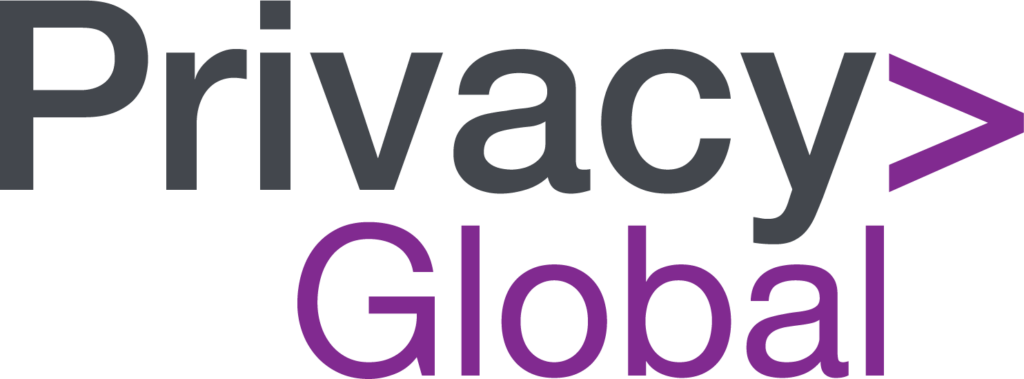Introduction
In today’s digital-first world, every click, download, or signup leaves behind a trail of personal data. From e-commerce checkouts to social media apps, businesses continuously collect, process, and analyse user information.
Food for thought: Who controls this sensitive information? How secured it is?
To tackle these important issues, the Government of India implemented the Digital Personal Data Protection (DPDP) Act, 2023, which is the nation’s first all-encompassing legislation dedicated solely to digital data privacy.
This guide will explain what DPDP involves for businesses and individuals, along with how you can begin preparing to comply.
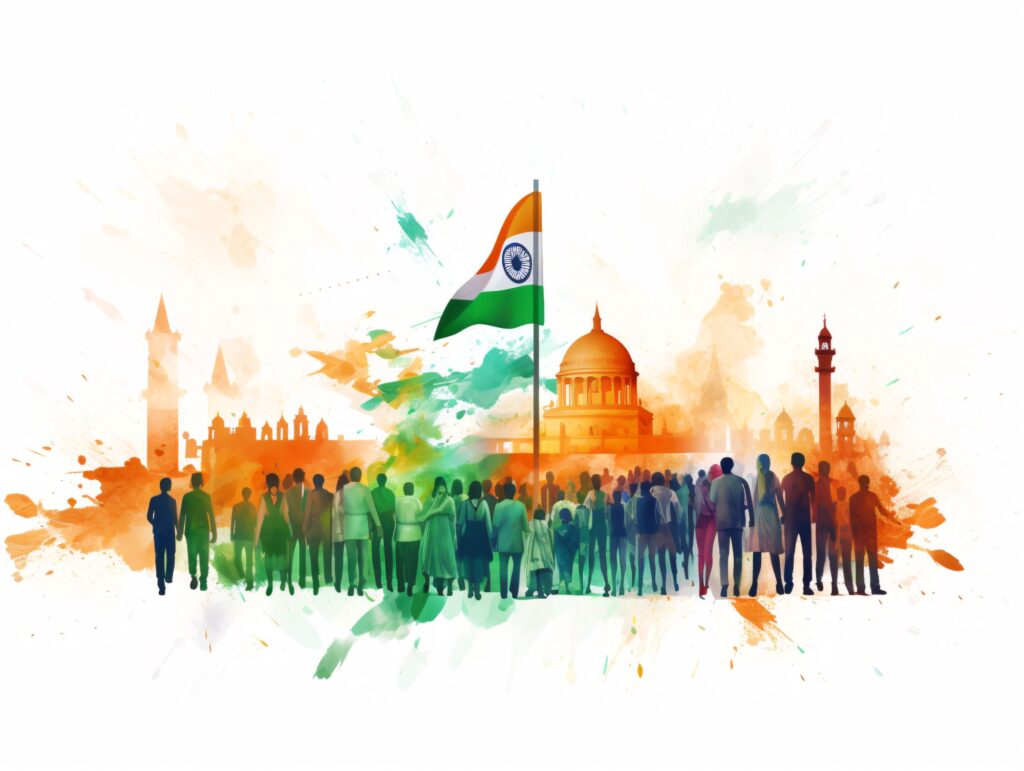
What Is the DPDP Act?
The Digital Personal Data Protection Act (DPDP) establishes a legal framework for protecting personal data in digital form.
It applies to:
- Indian companies and government entities handling persona data.
- Foreign businesses offering goods or services to individuals in India.
At its core, the DPDP Act focuses on 3 key goals:
- Protecting individual privacy
- Promoting responsible data processing
- Enabling trusted digital innovation
Key Principles Behind the DPDP Act
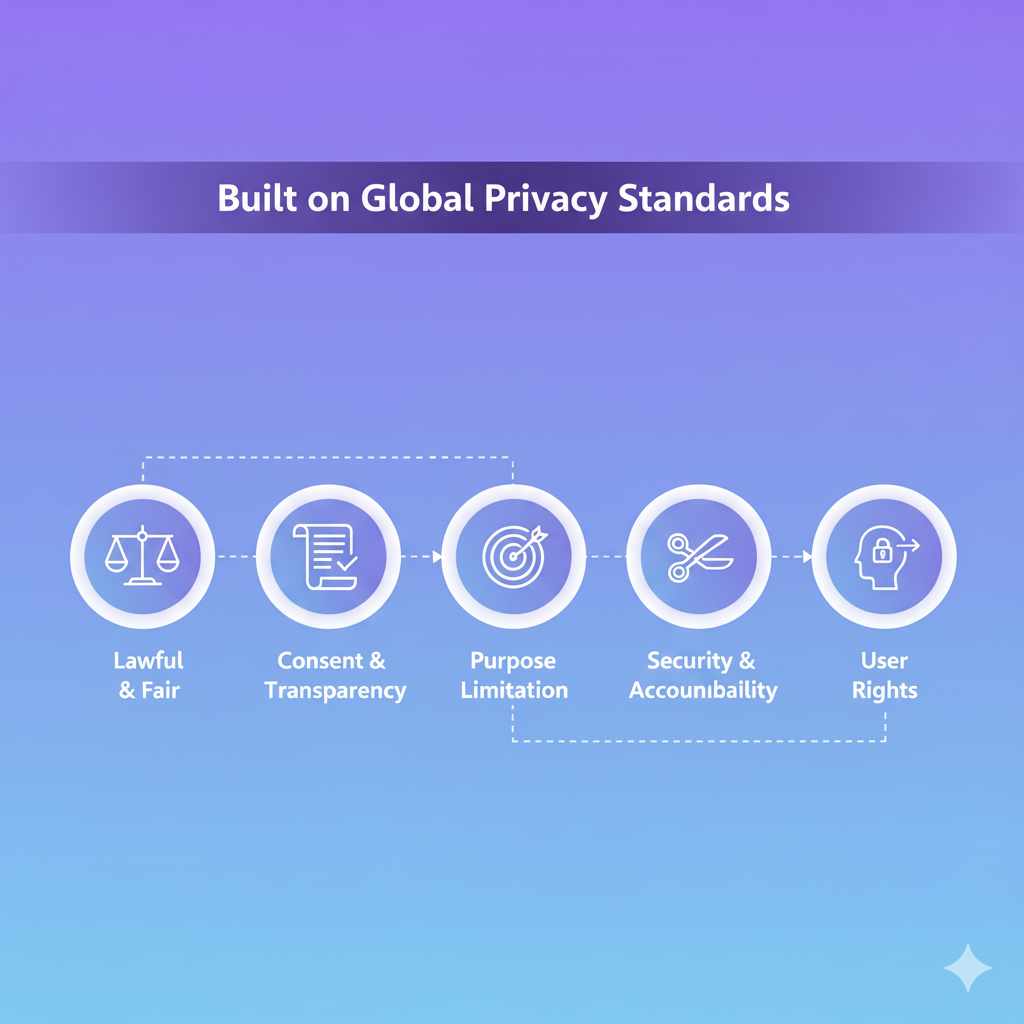
The DPDP Act is built on globally recognized privacy principles.
Let’s decode them:
- Lawful and Fair Processing – Personal data can only be used for legitimate purposes declared in advance.
- Consent and Transparency – Individuals (called Data Principals) must give free, informed, and specific consent. Businesses (Data Fiduciaries) must disclose why they collect the data.
- Purpose Limitation – Data collected for one reason cannot be reused for another without consent.
- Data Minimization – Only essential data should be gathered nothing excessive or irrelevant.
- Data Security and Accountability – Organizations must adopt security safeguards, conduct audits, and report breaches promptly.
- User Rights – Every citizen has the right to access, correct, or erase their personal data.
Why DPDP Matters for Businesses?
For companies across India from tech startups to large enterprises DPDP is not just a regulatory checkbox. It’s a competitive differentiator.
Businesses that comply early will build trust, brand credibility, and customer loyalty.
Non-compliance, however, could be costly: penalties can go up to ₹250 crore per violation.
What are businesses supposed to do now?
- Update privacy policies and data-sharing agreements.
- Map all personal data flows across departments and vendors.
- Appoint a Data Protection Officer (DPO) if designated as a “Significant Data Fiduciary.”
- Ensure consent is collected transparently and proper records are maintained.
- Implement mechanisms to honour user requests for data correction or deletion.

What DPDP Means for Consumers?
DPDP empowers citizens to take charge of their personal information. The rights provided by this Act puts transparency and control back in the hands of individuals.
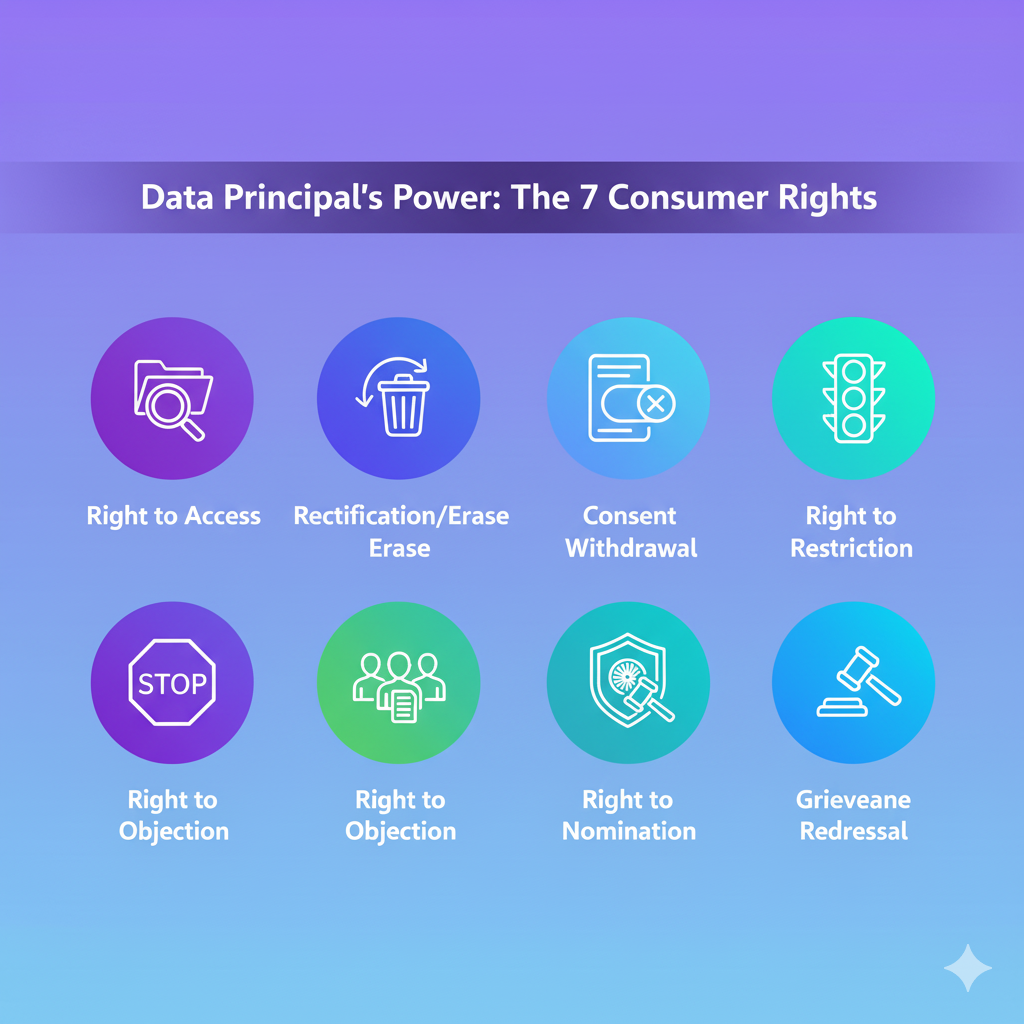
Here’s how DPDP serves Indian consumers:
| Your Right | What It Means |
|---|---|
| Right to Access | You can ask organizations what data they hold about you. |
| Right to Rectification/Erasure | You can request corrections or deletions of outdated or inaccurate information. |
| Right to Consent Withdrawal | You can withdraw consent at any time, and companies must honour it. |
| Right to Restriction | You can request that organizations temporarily stop processing your data under certain conditions. |
| Right to Objection | You can object to the processing of your personal data when it is used for direct marketing or for tasks carried out in the public interest. |
| Right to Nomination | You can nominate a person or entity to exercise your rights on your behalf, in the event of death or incapacity. |
| Right to Grievance Redressal | You can approach the Data Protection Board of India for resolution if your rights are violated. |
How to get DPDP ready?
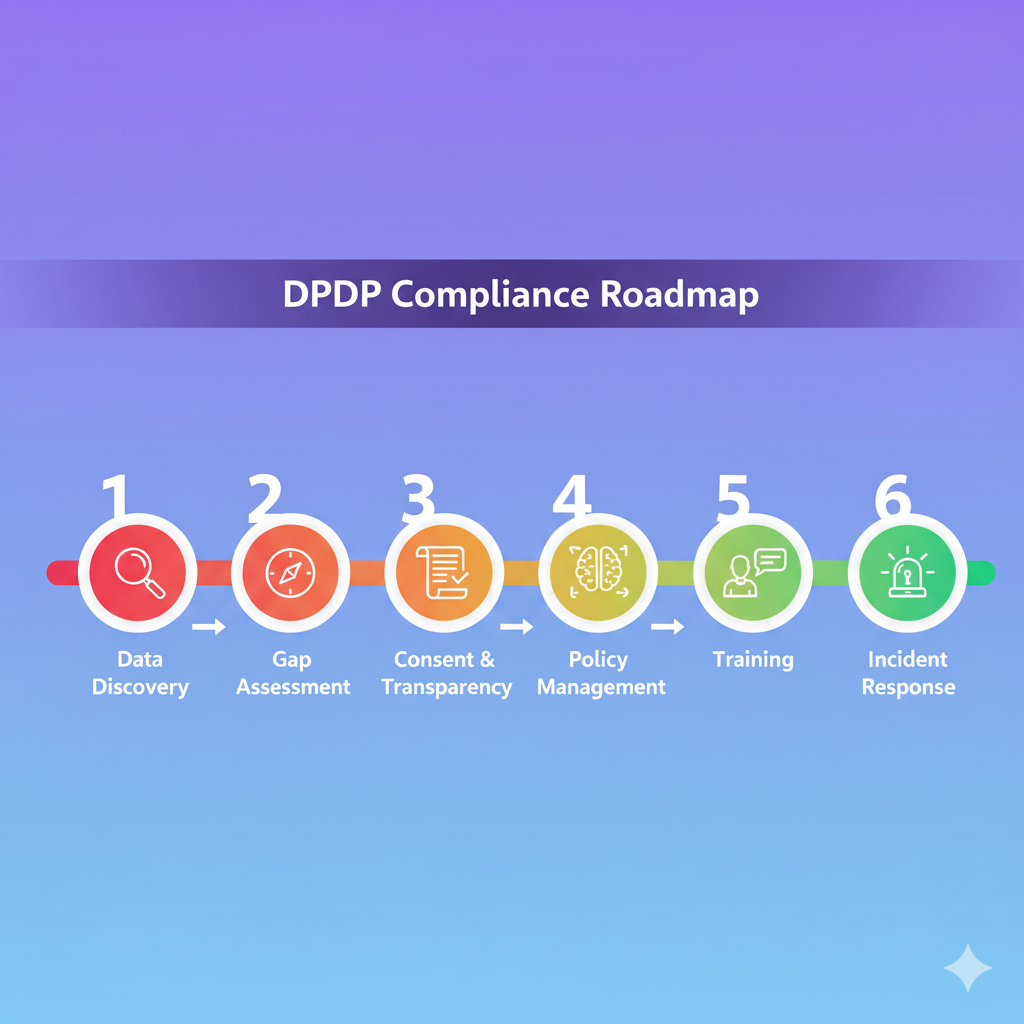
To prepare for compliance, organizations can follow a structured roadmap:
- Data Discovery & Mapping – Identify what personal data is collected, where it’s stored, and who accesses it.
- Gap Assessment – Compare your current practices with DPDP requirements.
- Policy Update – Rewrite privacy notices and consent forms in simple, accessible language.
- Consent Management System – Deploy automated tools to capture, track, and withdraw user consent.
- Employee Training – Build awareness about privacy best practices across teams.
- Incident Response Framework – Establish protocols for data breach detection and reporting.
Embracing a Privacy-First Future
The DPDP Act is more than compliance. it’s about cultivating digital trust.
Businesses that prioritize transparency and user rights will lead the next wave of ethical innovation.
Privacy Global’s mission is to make this transition effortless by integrating AI-driven compliance automation, real-time risk analytics, and customizable consent dashboards
Conclusion
The Digital Personal Data Protection Act marks India’s transition into a privacy-conscious digital economy. It requires a balance between innovation and responsibility.
Key takeaways:
- The DPDP establishes a legal framework for protecting digital personal data and applies to all entities that handle the digital data of Indian citizens.
- The Act is based on essential global principles, like lawful and fair processing, specific consent, purpose limitation, and data minimization.
- DPDP empowers individuals by granting them rights like access, rectification, objection, and grievance redressal over their personal information.
- Businesses must prepare by following a structured roadmap that includes data mapping, policy updates, developing consent management systems, and employee training.
- DPDP compliance is competitive differentiator that builds consumer trust and is also essential to avoid penalties that can reach up to ₹250 crore per violation.
Whether you’re a startup or a global enterprise, your ability to respect data privacy will define your brand’s reputation.
And for consumers, the message is clear: your data, your rights.
